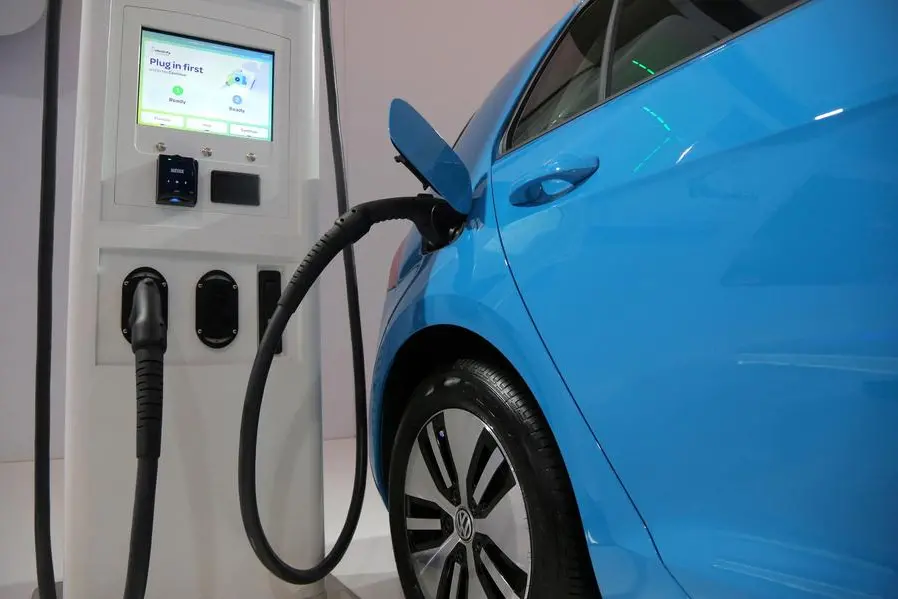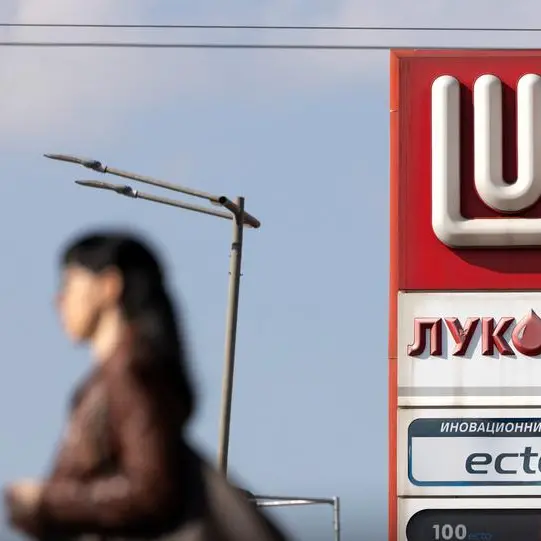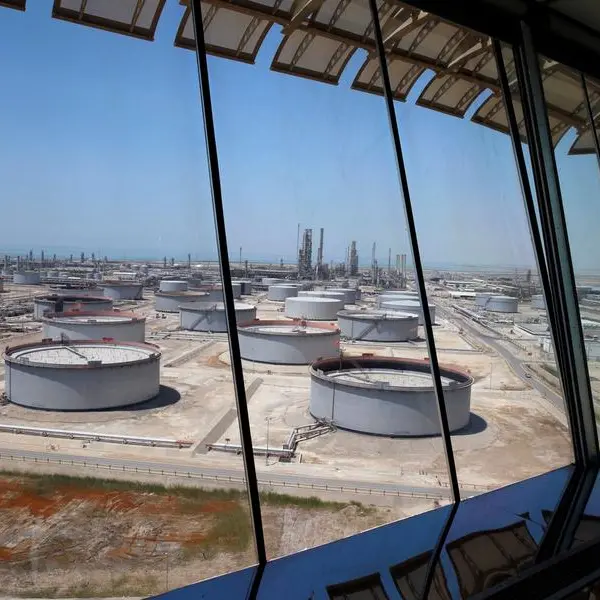PHOTO
The GCC’s electric vehicle (EV) industry will continue to gain pace despite challenges, including the slowing of sales in 2024 and 2025 as the market transitions from first adoptive phase to mass adoption.
The MENA region is also becoming attractive to EV industry investors looking to nearshore their supply chains and reduce overall emissions and risks.
Despite challenges faced by car makers, including Lucid Group, which makes luxury EVs in Saudi Arabia, the overall GCC EV industry will continue to grow, analysts said.
The region is looking to EV manufacturing, including its wider supply chain, such as low emission steel production and refining, as well as the potential sourcing of battery inputs from South America, said Joshua Cobb, senior autos analyst, at BMI.
Saudi Arabia is also home to PIF-backed Ceer, expected to release its first EVs in 2025 following the awarding of a $1.3 billion contract to build its plant earlier this year.
In Abu Dhabi, EV product manufacturer NWTN launched an assembly plant last year in collaboration with Abu Dhabi Ports.
Qatar Investment Authority (QIA) invested $907 million in SK On Co, the world’s largest battery maker in 2023, while Oman backed US-based electric vehicle start-up Our Next Energy (One).
Growth will continue despite the challenges faced by companies like Lucid, which saw $1 billion of Saudi PIF-affiliated investment in 2018 and a further $2.5 billion in two separate investments in in 2024, but announced it was laying off 6% of its workforce in May.
Reports emerged last week that EV makers from China are in talks to start production in Saudi Arabia.
In recent months, there have also been Saudi Arabian visits to Brazil and Chile, centres for lithium, a key EV component.
Chinese dominance
China has been able to dominate the EV supply chain over the past decade because of extensive government support, BMI auto analyst Santiago Arieu said, with tariffs and increased trade barriers driving Chinese manufacturers to set up overseas.
Chinese battery producers are looking to the MENA region as a way to retain access to the European market, the analysts said, while European investors are looking at the region to nearshore their supply chains and reduce overall emissions.
EV assembly is starting to ramp up in Morocco, Algeria and Egypt, Cobb said.
“They all have early-stage investments going on, but the hot spot is Morocco, because they have logistics and connectivity to the European market.”
European original equipment manufacturers (OEMs) such as Reynolds and Stellantis are betting on the North African market for the long term, he added.
When will EV sales rebound?
EV sales are slowing down, but the more price conscious mass market sector is not yet being targeted.
It is becoming increasing increasingly difficult to adhere to EU rules on emissions which have to be met annually, the analysts said.
Carmakers are looking to remain more flexible about the phaseout of internal combustion engine (ICE) vehicles and more effort is also going into hybrids, and some manufacturers, including Volvo, GM and Ford are delaying plans to go fully electric.
Cobb said the EV market will therefore not rebound in 2025 and the market will face increased headwinds with unit prices ticking up, but there will be decent upside to forecasts in 2026.
BMI expects global EV penetration of 21% in 2025, with 20 million units sold, rising to 22.6 million in 2026.
“The growth direction will remain dependent on subsidies and emissions policies,” he said. “There is limited natural sustainable growth in the market, however this also comes with risks and opportunities.”
Risks include the EV market overheating in the short term which could have longer term negative implications for the EV industry, he said.
The market is transitioning from the first adoptive phase to mass adoptive phase, so sales growth will trend lower over the coming years, but sustained growth can be expected in the coming decade as the market matures.
Emissions policies and trade will remain highly politicised and dictate the overall growth trend, while the dominance of China and the strong competition will keep the trade risk elevated, fuelling investment in other technologies, such as E fuels, hydrogen and biofuels, Cobb continued.
EV sales in MENA and GCC will be driven by economic diversification as well as development of local EV manufacturing and supply chains.
For markets like Tunisia, Jordan, Israel and Lebanon, reducing their refined fuel import burden will be the driving trend behind low volume but strong uptick in EV adoption, the analysts concluded.
(Reporting by Imogen Lillywhite; editing by Brinda Darasha)





















